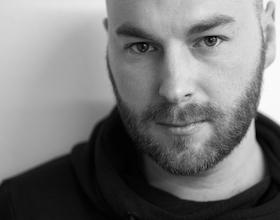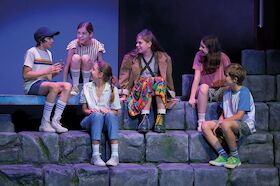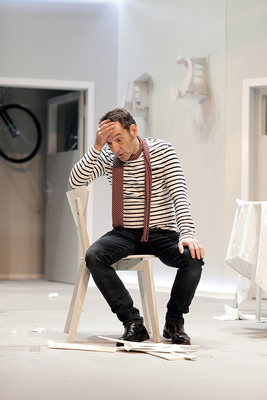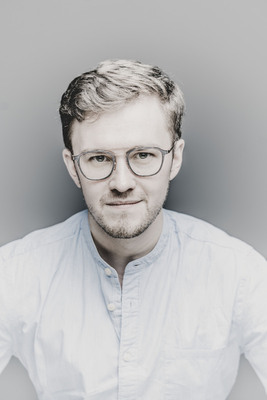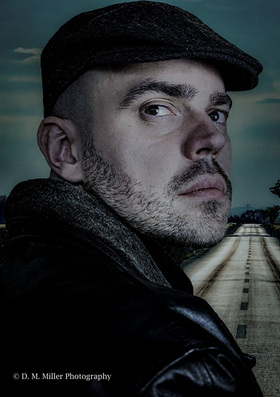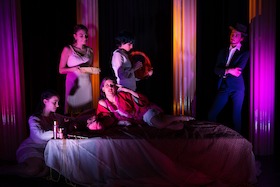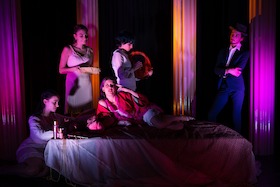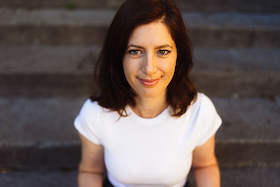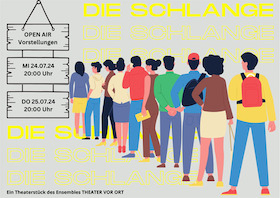Komödie von Flavia Coste
Deutsch von Michael Raab
Regie: Tina Engel
mit Boris Aljinovic, Erika Skrotzki, Janina Stopper, Boris Valentin Jacoby
Euro-Studio Landgraf, Titisee-Neustadt
Flavia Coste scheint einen sechsten Sinn für Theater-Eskalationen zu besitzen, denn das Stück dauert noch keine zehn Minuten, da zappelt man als Zuschauer schon in dem Netz, das sie bei ihrem bestechenden Debüt als Theaterautorin ausgelegt hat, und hat keine Chance, sich daraus zu befreien.
Wann wären Sie bereit zum Mord? Sofort, wenn Ihr Ehemann, Ihr Sohn oder Ihr bester Freund vor Ihren Augen einen Lottogewinnschein mit einer dreistelligen Millionensumme schreddern, verbrennen oder verschlucken will? Oder hören Sie sich seine Argumente an, in denen es vor allem darum geht, dass – wie Ihr Leben bisher bewiesen hat – Geld allein nicht glücklich macht und zu viel davon oft den Charakter verdirbt, versuchen aber ihn mit Ihren Gegenargumenten zu überzeugen, dass Geld doch auch sehr schön sein könnte, dass man dadurch z. B. wohltätige Einrichtungen großzügig unterstützen könnte, dass man keine Sorgen und keine offenen Rechnungen mehr haben würde oder ein größeres Haus, schöne Reisen machen könnte, und, und, und …? Und wenn er bei seinem Vorhaben bleibt???
„Nein zum Geld!“ erzählt die Geschichte von Richard, der eine demonstrative Heldentat begehen will und nach einem Lottogewinn von 162 Millionen Euro „Nein zum Geld“ sagt. Seine Frau Claire, seine Mutter Rose und Etienne, sein bester Freund und Geschäftspartner, finden das überhaupt nicht witzig. Wie weit werden die drei gehen …?
Mit „Nein zum Geld!“ bringt das Renaissance-Theater eine so kurzweilige wie rabenschwarze Komödie auf die Bühne.
Hausöffnung: 19:00 Uhr
 Hallo, ich bin Maya.
Hallo, ich bin Maya.
